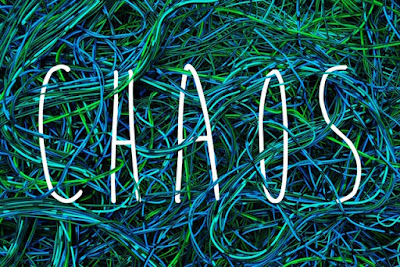by L. Lois
the chill in the air
means the glacier ravines
running down the peaks
jutting above the treeline
to the north
are vertical cuts of white
this bench sits low
comfortably leaning back
with the lake at my feet
the surface broken
by the gentle rippling
of the wind
a lone eagle circles
on early spring's
thermal winds
and the cherry blossoms
I passed on my way
are holding fast
in the lingering crispness
distant blue skies are lighter
overhead
coloring is calm
painted solid for peacefulness
rounded white clouds
perch as if to tell
the mountains where they should be
ducks scatter
when the Canadian geese
come in for a noisy
landing
two herons fly by
to the west
and their rookery's young
New York and Washington on fire
Trump's on criminal trial
Netanyahu plays chess with Hamas and Iran
Putin threatens Ukraine’s future
while Congress dithers on the eve of chaos
everything here
ignores our foolishness
L. Lois lives in an urban hermitage where trauma-informed themes flow during walks by the ocean. She is pivoting through her grandmother-era, figuring out why her bevy of adult children don’t have babies, nor time. Her poems have appeared in Progenitor Journal, In Parentheses, Woodland Pattern and Twisted Vine.















